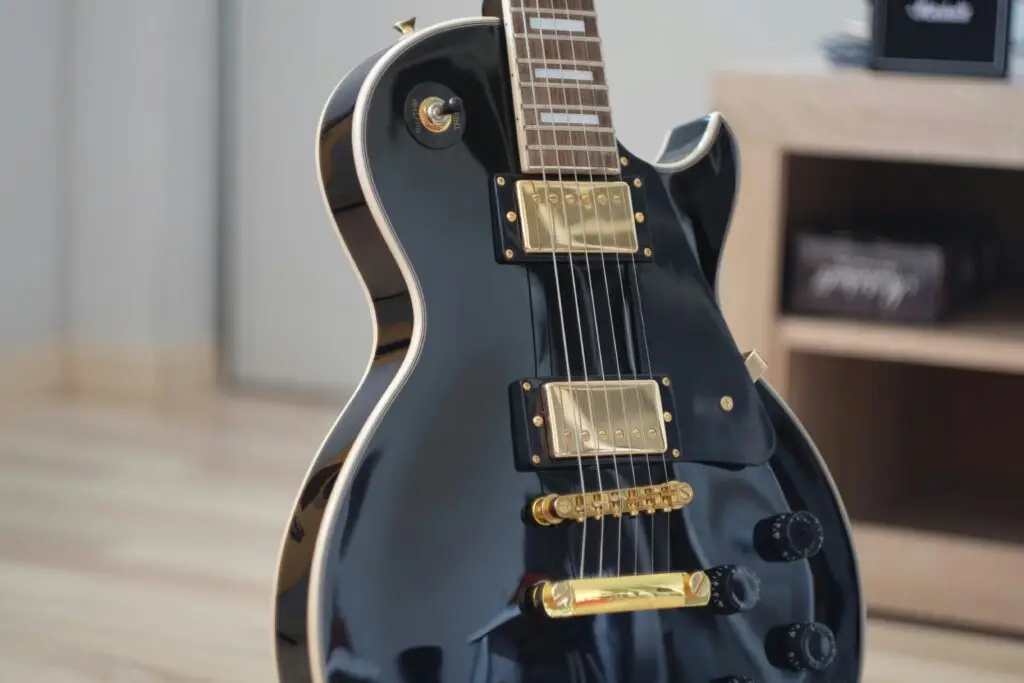Practicing guitar isn’t just about improving your skills—it’s about refining your approach and tapping into the artistry of the craft. Effective practice goes beyond simply putting in hours; it involves understanding what works, addressing mistakes systematically, and maintaining a mindset that fosters growth. When you approach practice with intention and strategy, it becomes not just productive but transformative.

The Art of Practicing
Practicing effectively is a skill in itself, distinct from the act of playing guitar. Efficient practice fuels progress, keeps you inspired, and makes the journey exciting. Not all practice is created equal, and an hour spent mindlessly noodling on the fretboard pales in comparison to an hour of deliberate, focused work.
Great players don’t leave their progress to chance. They address challenges systematically, much like a sculptor chiseling away at marble to reveal a masterpiece. They often see practice as an opportunity to create something extraordinary—both in their playing and within themselves.
To illustrate this, imagine yourself preparing for a monumental performance, like a martial artist refining their technique for a championship match. With every practice session, you’re sharpening your skills, developing discipline, and aligning with your artistic vision. This mindset transforms practice into a powerful, purposeful endeavor.
Smarter Practice
Imagine you’re working on a complex section of a solo that seems just out of reach. The section is forty notes long, but you only struggle with the ten in the middle. Don’t waste time playing the entire section repeatedly. Instead, focus on the exact passage that is causing difficulty. Break it down, slow it down, and give it your full attention. By isolating the problem and working on it methodically, you’ll master it faster and with greater precision. Once this part feels smooth, you can then work on integrating it with the rest of the solo. This targeted approach ensures that your practice sessions are efficient and productive.
Another cornerstone of quality practice is asking the right questions and keeping your brain engaged in the process. If a note or phrase doesn’t sound right, don’t just gloss over it. Pause and ask: “What’s causing the issue? Is it my fingering, my timing, or something else?” This level of awareness not only helps you fix mistakes but also deepens your understanding of the instrument. Asking yourself multiple questions and shifting your focus will help you zero in on what makes great guitar players sound as good as they do—and puts you on that path too.
Think of this process like playing a video game. At first, you might struggle to pass a level, but each attempt teaches you something valuable. Over time, you improve, and the game becomes more enjoyable. Guitar practice works the same way: the more progress you make, the more rewarding it becomes, fueling your desire to keep going.
Finding Balance in Your Practice
Effective practice strikes a balance between addressing specific problems and maintaining a broader perspective. On one extreme, some players mindlessly play through material without evaluating their mistakes, missing opportunities for improvement. On the other hand, some obsess over perfection, stalling their progress by focusing too narrowly on every little detail.
The best approach lies somewhere in between. Spend time addressing problem areas; pausing to refine specific sections sharpens your technical skills and ensures consistent improvement. It’s helpful to schedule a set amount of practice time for focused work. Once the timer goes off, move on to something new or approach the same material with a different practice strategy.
If you plan on performing in front of others, you also need to dedicate time to playing through entire pieces. Practicing a song from start to finish helps you develop resilience and prepares you for live performance. This balance—between isolating problem areas and seeing the bigger picture—is key to mastering the art of practice.
The Role of Feedback and Mentorship
Asking questions during your practice is invaluable. Simple inquiries like “What didn’t sound right?” or “How can I make this cleaner?” encourage self-evaluation and provide direction for improvement. This process of questioning helps you identify patterns, improve efficiency, and stay engaged with your practice.
Working with a guitar teacher can make this process much easier. A skilled teacher provides guidance on how to practice effectively, helping you avoid common pitfalls and ensuring you’re always making progress. While this isn’t the main focus of the discussion, it’s worth noting as an invaluable resource for players at any level.
The Takeaway
Practicing guitar is about more than just putting in the time. It’s about developing the skill of practice itself. Effective practice balances addressing mistakes with maintaining a broader perspective. It involves targeted work on problem areas and playing through pieces to build performance skills.
Approach your practice sessions with purpose and strategy, and you’ll find the process becomes not just a means to an end but an enjoyable and inspiring journey.
How will you elevate your practice today? And what new heights can you reach tomorrow?
About The Author
Brian Fish is a professional guitarist who has been dedicated to helping other guitar players in Northeast Ohio pursue their musical dreams since 1994. He’s passionate about guiding others on their musical journey! He is the Guitar Playing Transformation Specialist, instructor, mentor, trainer, and coach at Guitar Lessons Geauga.
Brian has also assisted people from around the globe in developing a solid sense of timing and enhancing their creativity through the fantastic rhythm course, “Ultimate Rhythm Mastery,” available at MusicTheoryForGuitar.com.
If you live in Geauga County / North East Ohio, Guitar Lessons Geauga can help you become the player you’ve always wanted to be.

